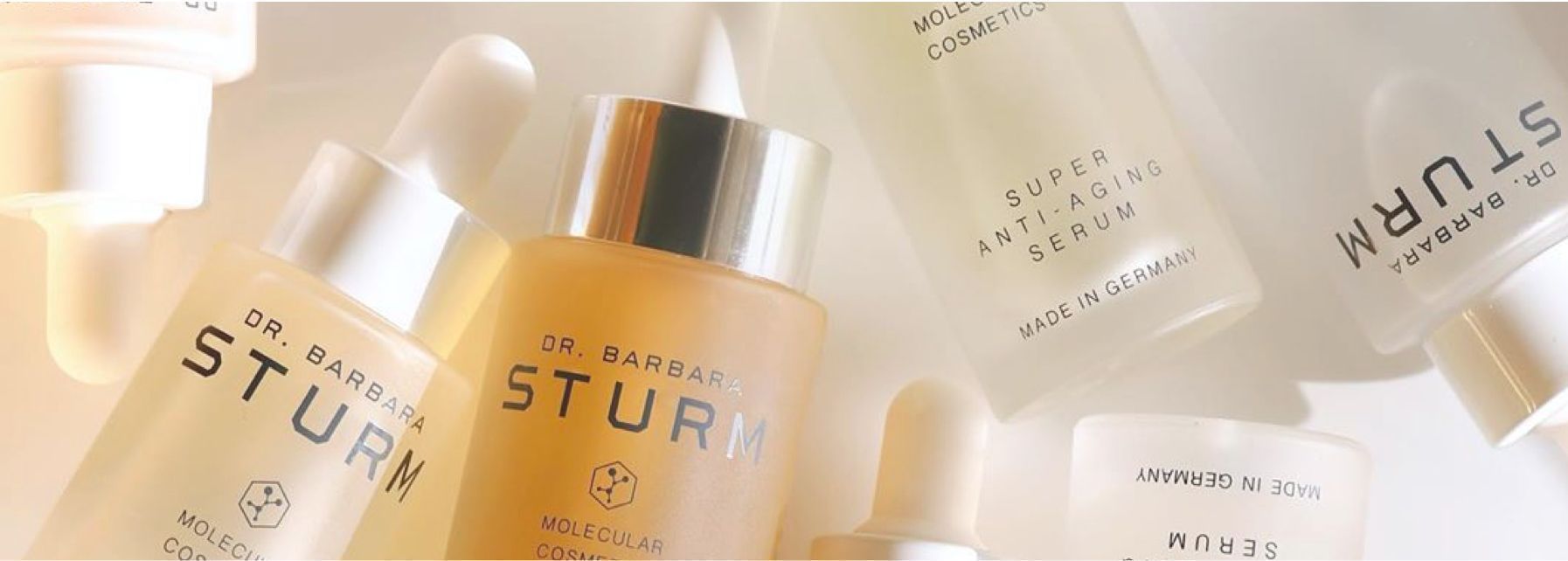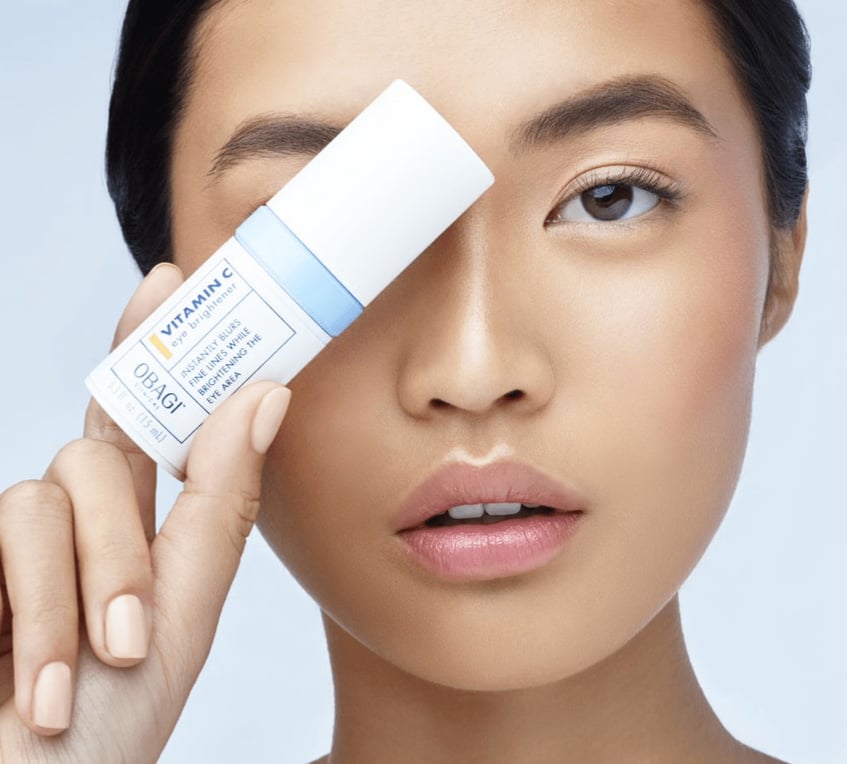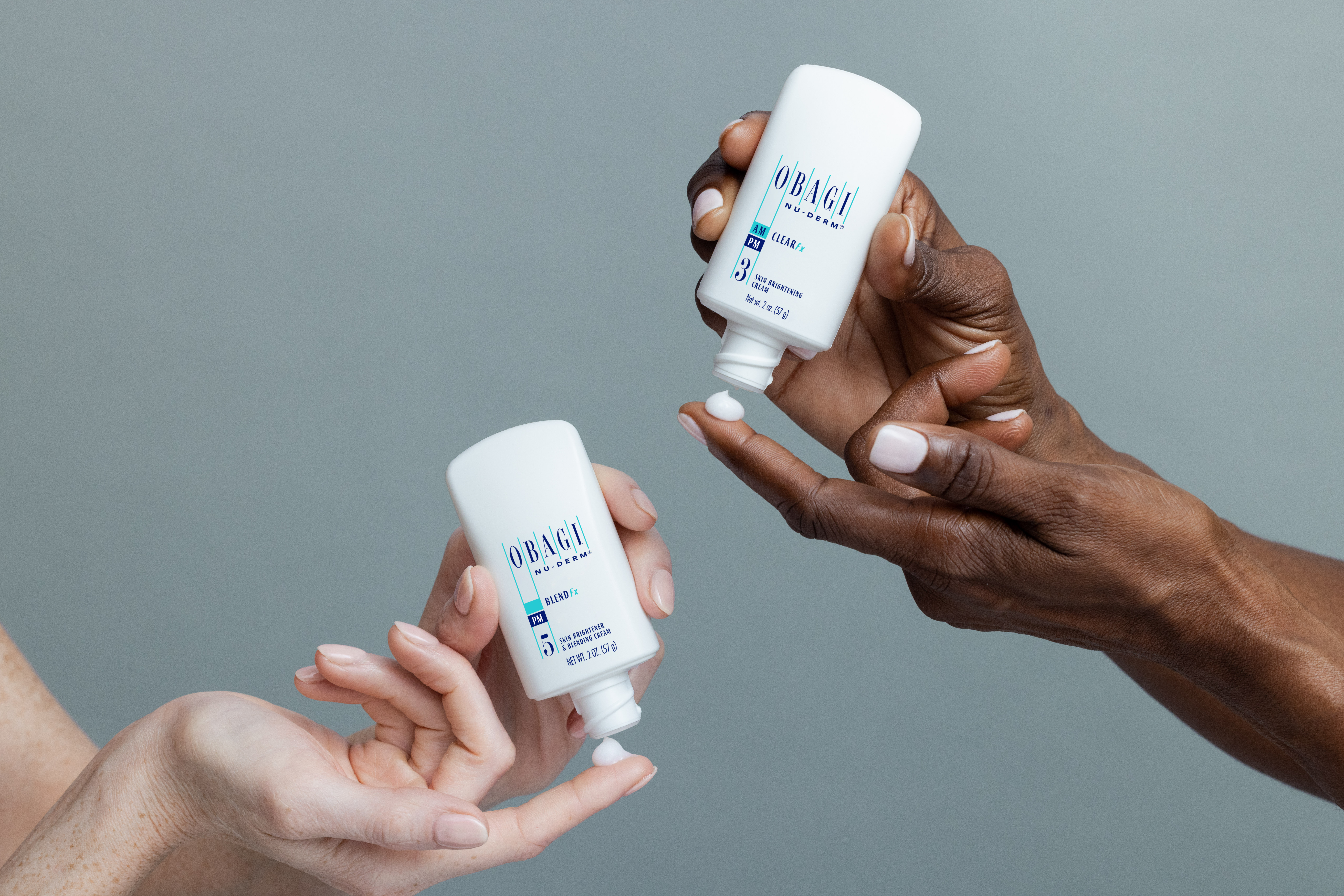UV Rays From Your Phone And Laptop
When you are indulging in a late night Instagram session or a Netflix binge on your laptop, it is not only your eyes that will suffer from the blue light emitted from our tech, but these ‘new UV rays’ can also disrupt the cells in your skin too. Not only do we need to be concerned with RSI (repetitive strain injury) from texting too much, ‘tech neck’ from always looking down at our screens and blue light keeping us up at night but now we need to consider whether tech is ageing our skin too.
So what the tech are we talking about? Whilst scientific research on HEV and its effects on the skin is currently limited, several skin specialists are scrambling to research this new phenomenon to determine the correlation between skin ageing and technology. One thing scientists do know is that blue light penetrates much more deeply than ultraviolet light, giving it the potential to damage our skin cells.
Skin Ageing From Technology
With research into this area only recently being undertaken, the long term effects of skin ageing from technology is relatively unknown. As a result, many skeptics will put this down to fear mongering whilst others will sway towards the side of caution with the thought “what we don’t know might hurt us”.
However, evidence is beginning to emerge, suggesting that HEV can cause inflammation in the skin. Long term exposure to inflammation causing HEV has the potential to breakdown the fibres in our skin that support our faces framework. Breakdown of these fibres can result in our skin losing its firmness and plump appearance, giving way to wrinkles and fine lines.
With HEV acting similarly to UV rays, the damaging rays from our technology has the potential to also breakdown the elastin and collagen in our skin. Both of these are what keeps our skin looking supple, youthful and smooth. In addition to this, it is also believed that the rays emitted from our technology also cause pigmentation, giving way to age spots and darker patches on our skin!
So How Can You Prevent Tech Ageing Your Skin?
One sure fire way to prevent wrinkles from phone screens and laptops is limiting your screen time. If you didn’t already have a reason to take a digital detox, this can definitely be one! With social isolation a reality for many of us, our lives are now revolved around technology and staring at our screens. Not only do we work in front of screens, but we socialise through technology and enjoy our down time in front of the television now too. Instead of getting stuck into another series, pick up a book you know you will love. Your skin and your sleeping pattern will probably thank you for it!
Another defence to help you filter out damaging UV rays would be an everyday sunscreen. Not only will this prevent the sun damaging rays from ageing your skin, but also has the potential to block out HEV too! We recommend sunscreens such as the Dr Dennis Gross Dark Spot Defense Broad Spectrum 50, Obagi i360 Hydrafactor SPF 30 or the SkinCeuticals Ultra Facial Defense SPF 50.









